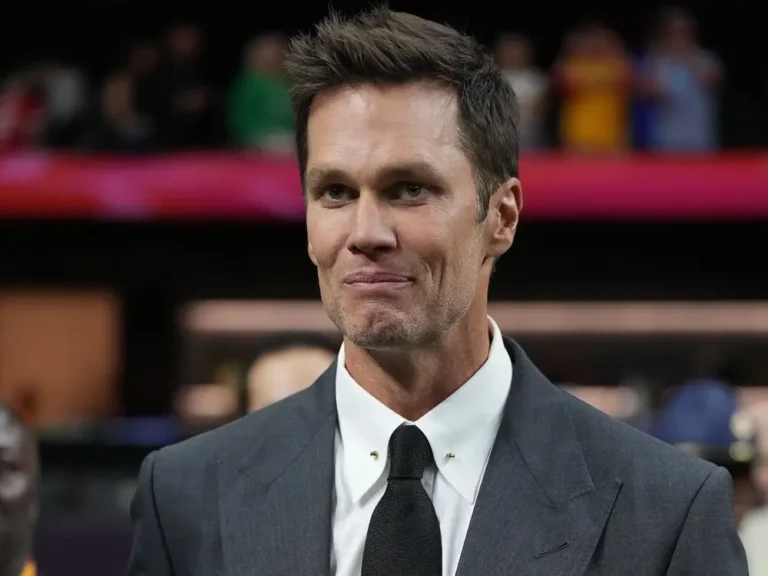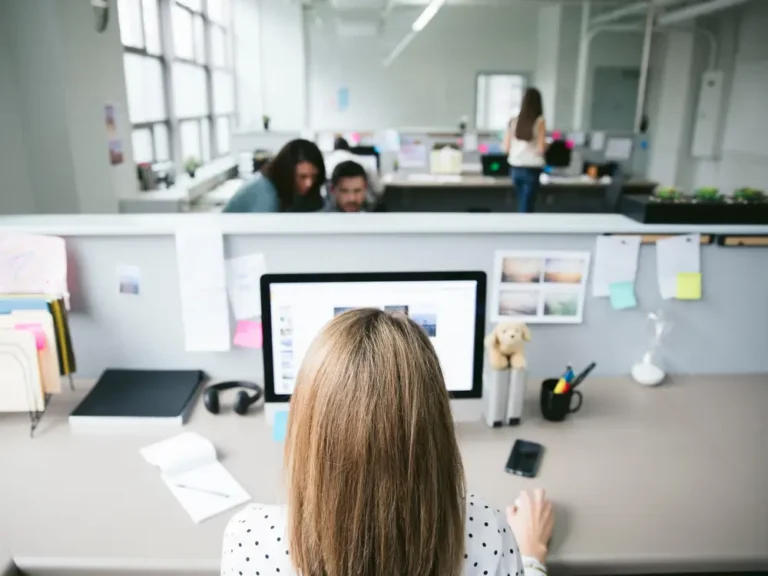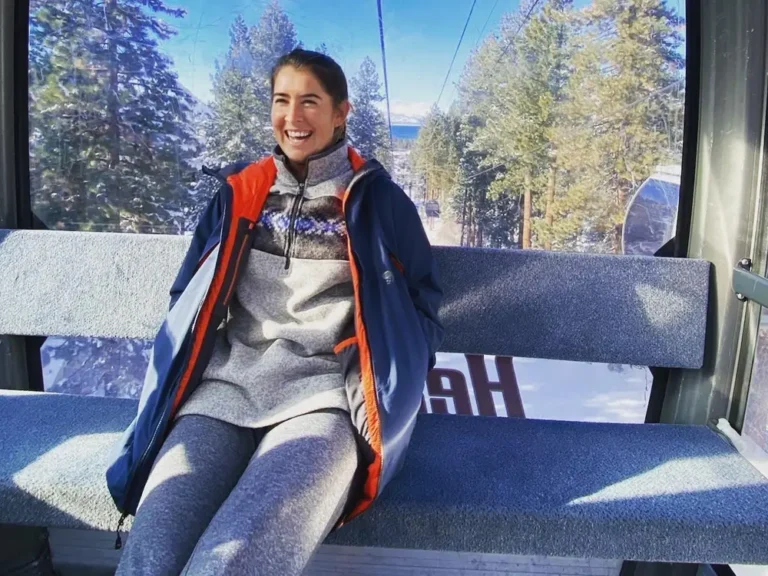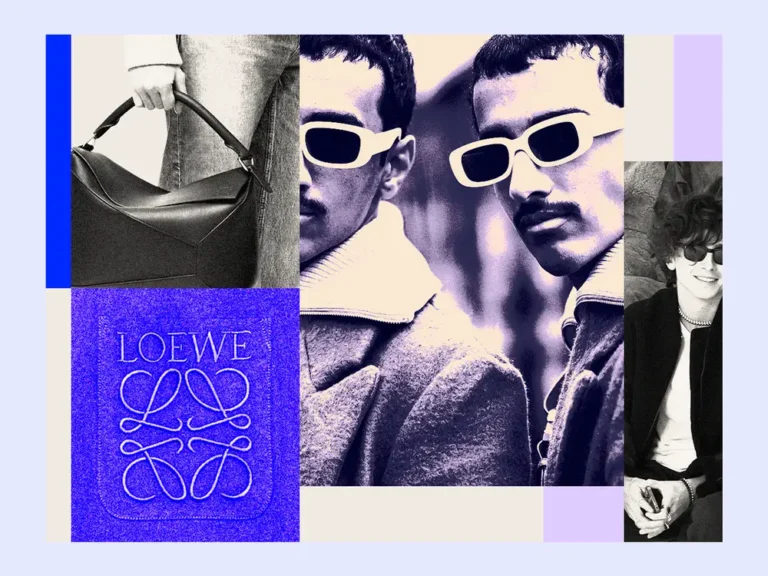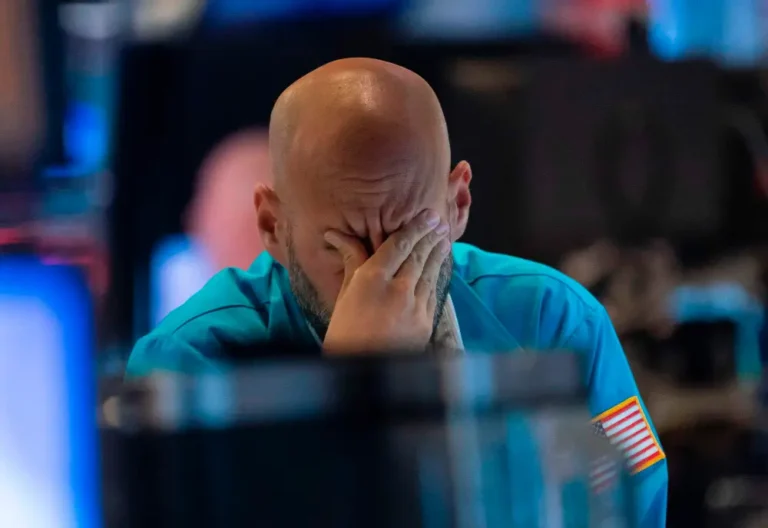Starbucks’ mobile orders are a challenge for its new CEO
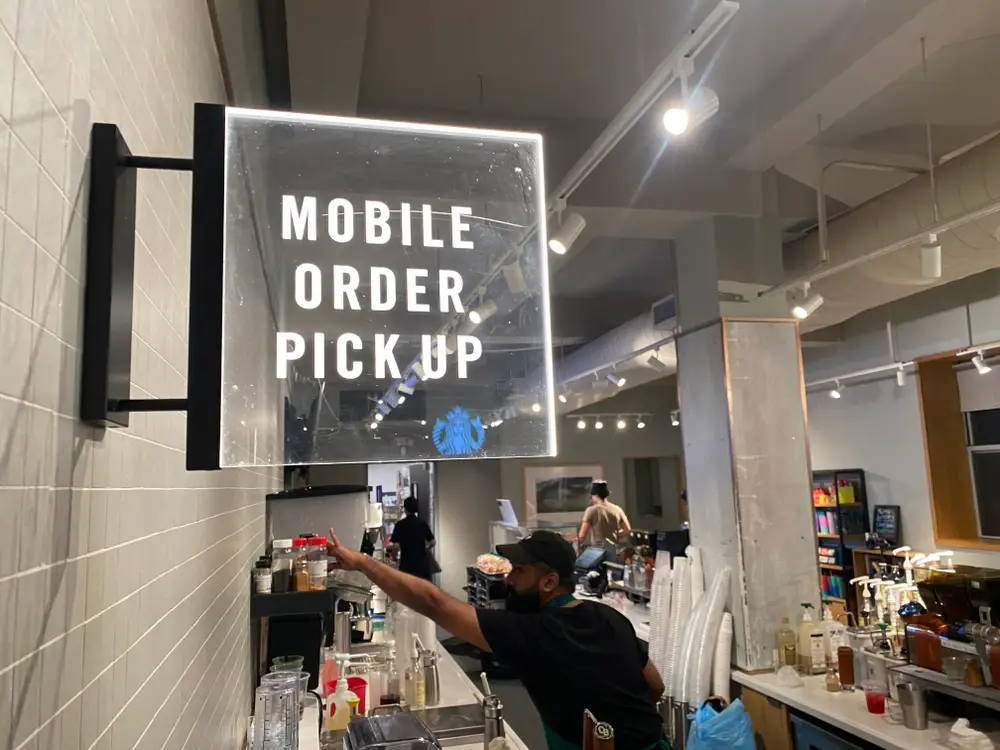
Starbucks store employees say the chain’s online ordering system is holding them back from serving in-store customers.
Starbucks is trying to regain its reputation as a nice place to hang out and enjoy a coffee. But its mobile-ordering system is getting in the way.
Like many major restaurant chains, Starbucks has spent years building its mobile app and a system for filling online orders to make getting a Frappuccino or PSL more convenient for patrons.
In fact, it was an early adopter of mobile-ordering technology, said R.J. Hottovy, the head of analytical research at the location-data provider Placer.ai, who follows the restaurant industry. Starbucks first let customers pay for orders through its app in 2011, according to the company. Since then, apps that allow customers to place orders have become standard for restaurant chains, Hottovy added.
But in the past few years, Starbucks has seen wait times for orders at its stores increase as it tries to serve both customers looking for café culture and others who just want a quick takeout coffee, Hottovy said in an interview. Wait times at some Starbucks locations have hit 25 minutes, B-17 previously reported.
Some Starbucks store employees say that they’re struggling to provide good customer service and keep wait times down because of all the mobile orders they have to fill. That might stand in the way of its new CEO’s push to make Starbucks stores seem like spaces for customers to hang out — or “third places,” somewhere they socialize other than work or home.
Brian Niccol, who stepped into the CEO role less than a month ago, has said that he wants to make the chain’s stores “inviting places to linger, with comfortable seating, thoughtful design and a clear distinction between ‘to-go’ and ‘for-here’ service,” according to an open letter published last month.
But Starbucks is “trying to serve, essentially, two audiences at the same time,” Hottovy said. “And when you do that, you tend to not do either well.”
Workers say they’re struggling with mobile orders
Even Starbucks’ former CEO Howard Schultz said in a May LinkedIn post that current Starbucks leadership should “reinvent the mobile ordering and payment platform.”
“The Starbucks Experience is grounded in coffee and connection,” a Starbucks spokesperson told B-17. “We believe a visit to Starbucks should be effortless and delightful, whether ordering through the Starbucks app or at our stores.”
Starbucks has thousands of sites all over the US, and store layouts, customer experiences, and wait times vary from location to location. Still, some workers — whom the company calls “partners” — have pointed to issues with the mobile-ordering system in interviews with B-17. The employees asked not to be named in this article, citing fear of retaliation from Starbucks.
One Starbucks partner in North Carolina told B-17 in August that his location is understaffed and struggles to fill mobile orders. Many shifts he takes, the partner said, involve jumping between roles such as staffing the cash register and preparing drinks, which adds to customers’ wait times.
Starbucks’ rewards program is a big driver of all those digital orders, a partner at a Starbucks store in South Dakota told B-17.
Rewards members who use the chain’s app get push notifications on their phones for buy-one, get-one drink specials and other deals. While members can redeem those coupons by placing an order in person at a store, many customers simply tap the coupon on their phone, the partner said.
When a rewards promotion hits the app, “it’s pretty much like a light switch,” the partner said. “We see business almost immediately picking up.”
One of the most challenging specials for their store came last month when Starbucks offered four beverages for $20 to rewards members. Suddenly, filling an order meant making four drinks at once — including more complicated beverages like Frappuccinos.
“We can’t sustain that much business on the labor that we’re allotted,” the partner said.
That leads to long wait times and customers getting the wrong orders. “They deserve to have that moment where things are corrected and they’re leaving happy, but we can’t deliver on it always,” the partner told B-17.
This summer, Starbucks rolled out the Siren Craft System, an approach that the company said would reduce beverage preparation times and free partners to serve customers. But one partner at a store in the Southeastern US who’s used the system told B-17 that he still feels short on time.
Niccol has the credentials to turn around Starbucks’ digital-ordering issues, analysts said after the company announced his appointment to CEO in August. As Chipotle’s CEO, Niccol oversaw a transformation of the Mexican grill chain from a primarily in-person operation to one that offered digital ordering, including dedicated drive-thru windows for picking up online orders.
But for now, the increase in mobile orders has eroded Starbucks’ position as a third place, a store manager in Florida said.
“People come in and work on their laptops, and they have their headphones in, and most likely, they have mobile-ordered,” the manager said. “They grab their drink, and even if you try to communicate to them, they don’t reply.”
“It’s no longer the third place,” the manager said. “It’s a pit stop.”

